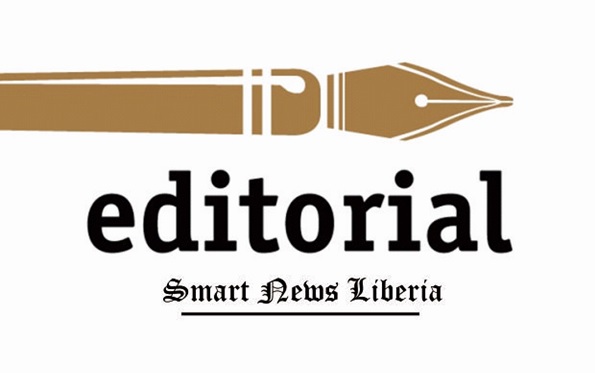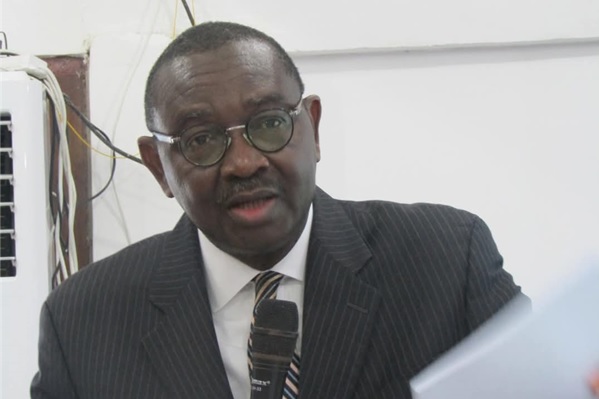The ongoing power struggle within the House of Representatives emphasizes the fragility of governance in a divided political environment. At the core of this conflict lies a tug-of-war between Speaker Cllr. J. Fonati Koffa and a majority bloc. This impasse has not only paralyzed legislative operations but also raised critical questions about the interpretation of constitutional provisions and the role of the judiciary in resolving political disputes.
The situation reached a boiling point following a December 6, 2024, Supreme Court ruling that sought to address quorum requirements and procedural matters in the House. Instead of bringing resolution, the decision appears to have exacerbated tensions, as conflicting interpretations have emerged, dividing lawmakers and the broader political class. The Court’s ruling affirmed that a simple majority constitutes a quorum for legislative sessions and clarified that the absence of the Speaker does not preclude the House from conducting its duties, provided specific procedural conditions are met.
In an effort to provide clarity, Attorney General Cllr. Oswald Tweh issued a legal opinion on December 10, supporting the actions of the majority bloc as constitutionally valid. His argument that legislative functions must continue uninterrupted, even amidst political disputes, aligns with the principle of democratic continuity. Tweh also emphasized the critical nature of passing the 2025 National Budget, framing it as a constitutional obligation that cannot be delayed by internal disputes.
While the Attorney General’s opinion sought to uphold constitutional governance, it has kindled further controversy. Critics argue that Tweh’s interpretation risks undermining the balance of power within the legislature and sets a dangerous precedent. This division highlights a deeper institutional weakness: the lack of clear mechanisms to address leadership conflicts within the House, leaving critical decisions vulnerable to political maneuvering and judicial ambiguity.
The situation has also exposed broader challenges within Liberia’s judiciary. The Supreme Court’s ruling, while comprehensive in scope, has been criticized for its lack of clarity, creating room for varied interpretations that fuel rather than resolve disputes. This has cast a spotlight on the judiciary’s role in maintaining stability in a young democracy.
The current impasse has far-reaching implications for Liberia’s governance. Legislative inaction delays essential national priorities, including budgetary approval, which affects critical sectors like health, education, and infrastructure. Moreover, the protracted conflict erodes public trust in democratic institutions, reinforcing a perception of dysfunction and political self-interest.
Moving forward, the resolution of this crisis requires a multi-pronged approach. First, lawmakers must rise above factionalism and prioritize their constitutional mandate to serve the Liberian people. The ongoing budget deliberations provide an opportunity to demonstrate unity and accountability in addressing the nation’s pressing needs.
Second, there is an urgent need for institutional reforms to strengthen conflict resolution mechanisms within the legislature. This includes revisiting House rules and constitutional provisions to ensure clarity and prevent future disputes from spiraling into gridlock.
Finally, the judiciary must reassess its role in politically sensitive cases, ensuring that its rulings provide unambiguous guidance. Transparent and decisive judicial action is essential to fostering confidence in the rule of law and safeguarding democratic processes.
Liberia stands at a crossroads. The outcome of this dispute will not only shape the immediate legislative landscape but also set a precedent for how the country navigates governance challenges in the future. As tensions simmer, Liberians must recognize the broader stakes: the stability of Liberia’s democracy and the well-being of its citizens.







